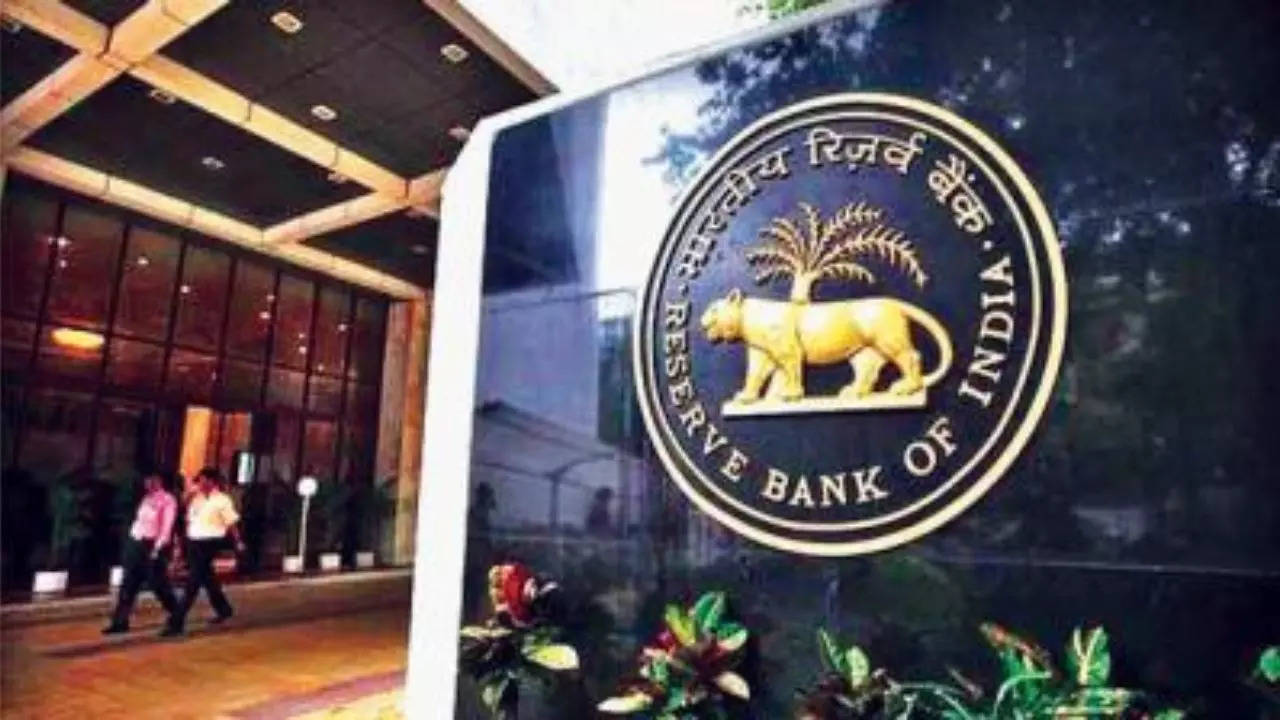

Pegatron-Tata Joint Venture Set to Reshape iPhone Production in India (Image Source: iStockphoto)
The tech manufacturing landscape, Pegatron, a major player in iPhone assembly, is set to cede control of its sole iPhone manufacturing facility in India to the Tata Group. This strategic move, sources with direct knowledge reveal, signals Pegatron’s latest move to scale back its partnership with Apple.
According to insiders, an advanced stage of negotiations has been reached between Pegatron and Tata, with the latter set to hold a minimum 65 per cent stake in a joint venture that will oversee operations at the Pegatron facility situated near Chennai in Tamil Nadu. Under the arrangement, Pegatron will contribute technical expertise while retaining a minority stake.
According to the Reuters report, the involvement of Tata, one of India’s largest conglomerates, is facilitated through its subsidiary Tata Electronics. This development underscores Tata’s deepening involvement in iPhone manufacturing, complementing its existing assembly plant in Karnataka, which was acquired from Wistron last year.
The Pegatron facility in India, currently employing around 10,000 workers and producing 5 million iPhones annually, represents a vital piece of Apple’s supply chain diversification strategy. As tensions persist between Beijing and Washington, Apple seeks to reduce its dependence on China, making India an increasingly pivotal location for its manufacturing endeavors.
This move comes in the wake of Pegatron relinquishing control of its iPhone plant in China to Luxshare, signaling a broader shift in its operational focus. Although financial details remain undisclosed, both Apple and Tata are believed to be supportive of the proposed joint venture.
Apple’s reliance on contract manufacturers in India, including Tata, Pegatron, and Foxconn, underscores the country’s growing significance in the global iPhone supply chain. Analysts anticipate India’s contribution to total iPhone shipments to rise substantially this year, further emphasizing the strategic importance of the region.




























